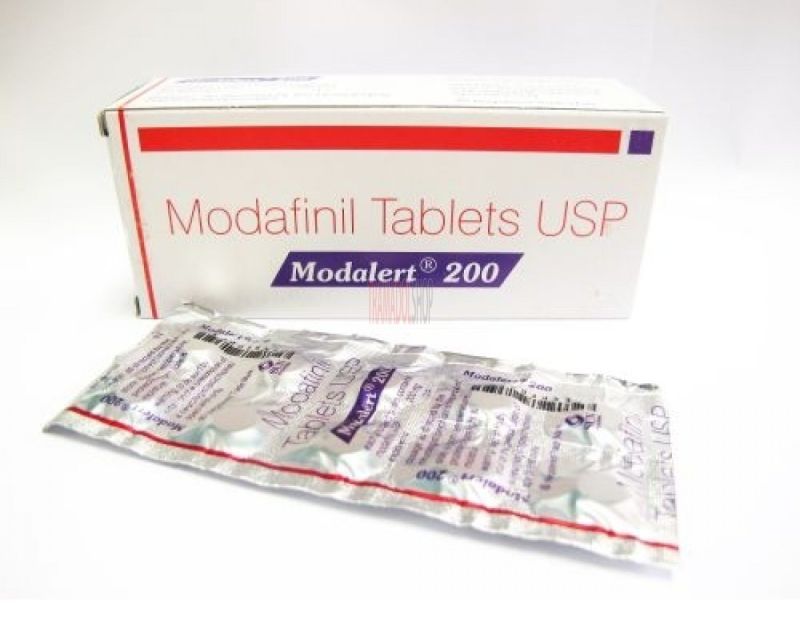A lack of vitamin B12 can have a significant impact on metabolism and weight. An essential nutrient, vitamin B12, also known as cobalamin, is necessary for the production of energy, the formation of red blood cells, and the synthesis of DNA. A lack of vitamin B12 can cause metabolic disturbances that can have an effect on weight, despite the fact that weight gain or loss is a complicated process that involves a number of different factors. Therefore, weight loss from b12 can be supported by incorporating B12 into your diet and implementing a comprehensive exercise plan.
A vitamin B12 deficiency’s impact on metabolism is one of the primary ways it affects weight. The metabolism of macronutrients like carbohydrates, proteins, and fats requires vitamin B12. It allows the body to effectively extract energy from these nutrients because it serves as a cofactor for enzymes involved in their breakdown. These metabolic processes may become impaired if there is insufficient vitamin B12, resulting in lower energy production. As a consequence of this, the metabolism of the body might slow down, which could make it harder to keep a healthy weight.

A lack of vitamin B12 can also have an impact on appetite and food intake control. The nervous system, including the regulation of signals for appetite and satiety, requires adequate levels of vitamin B12. These signals may become disrupted when there is a lack, which may result in more cravings and an increased risk of overeating. This can make it harder to control your weight over time and lead to weight gain.
Additionally, a lack of vitamin B12 can have an effect on overall energy levels and physical activity, both of which can have an effect on weight indirectly. Vitamin B12, as previously stated, is necessary for the production of energy. Fatigue, weakness, and decreased physical performance are all signs of vitamin B12 deficiency. This may result in lower levels of physical activity and, as a result, lower calorie expenditure. This can contribute to weight gain when combined with a potential increase in appetite as a result of disturbed appetite regulation.
It is essential to keep in mind that although a lack of vitamin B12 can have an effect on metabolism and weight, it is not the only factor that affects these factors. Utilizing weight loss from b12 as a strategy can be beneficial for individuals with a B12 deficiency, potentially promoting a healthier metabolism and aiding in weight management.










